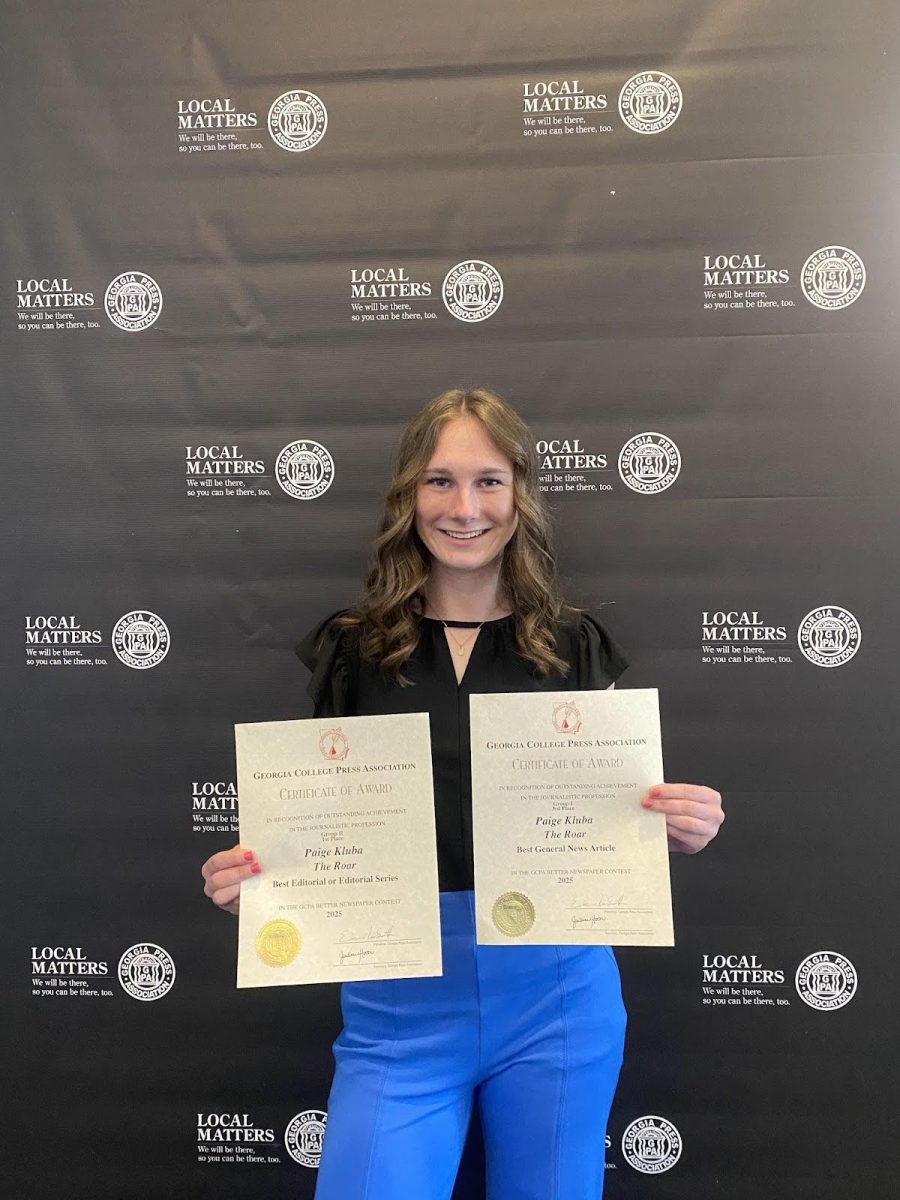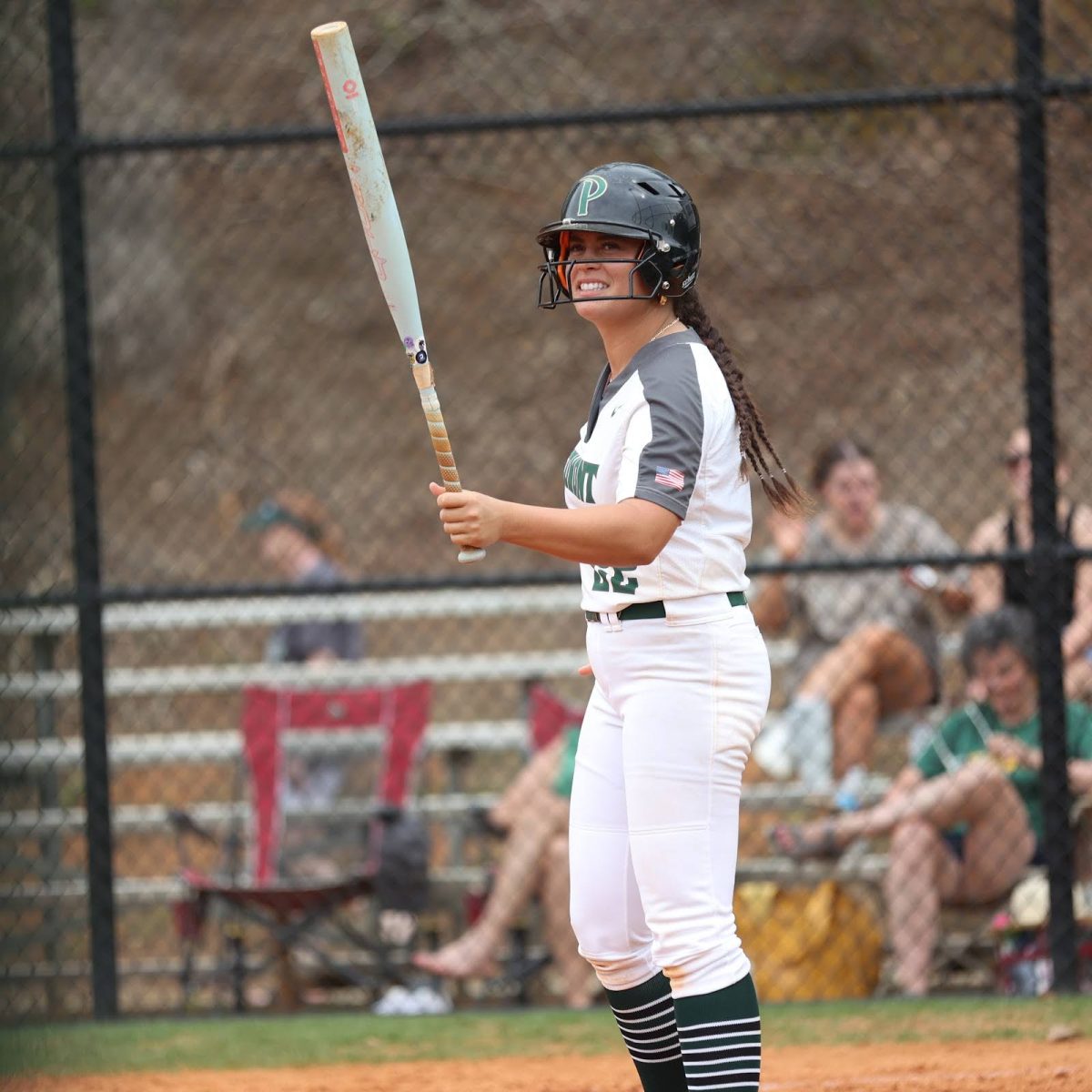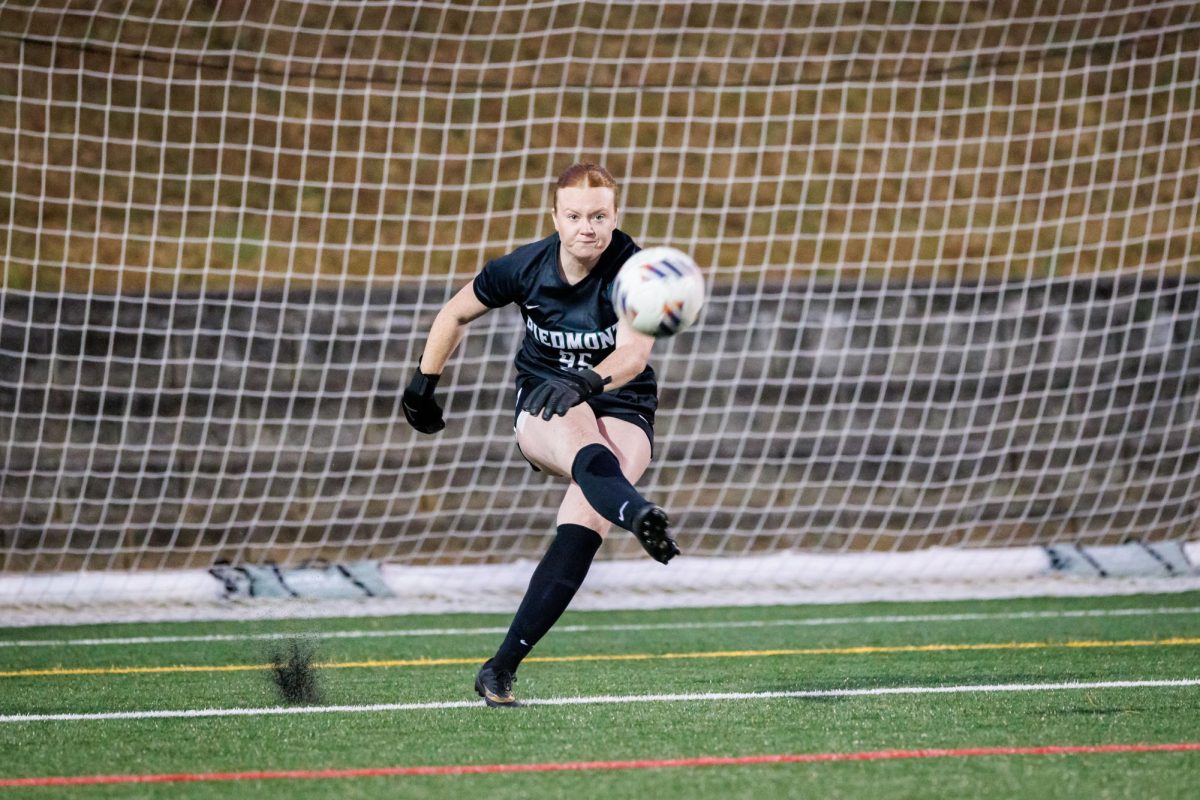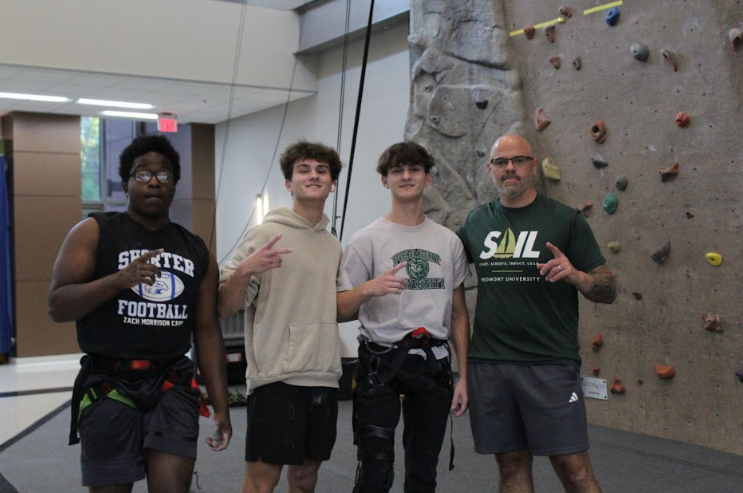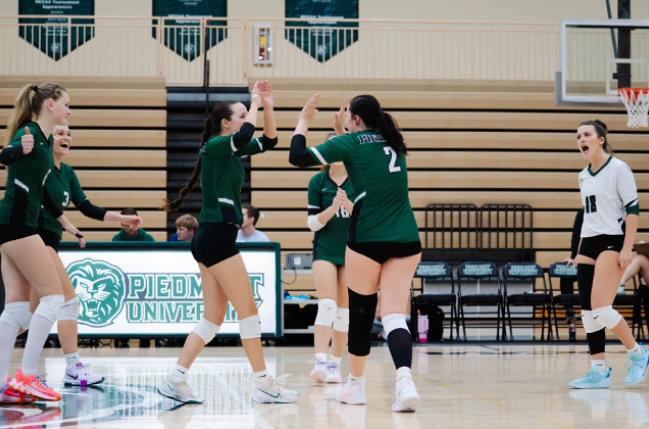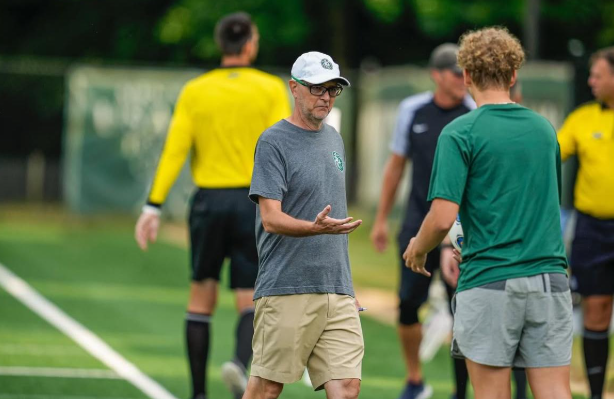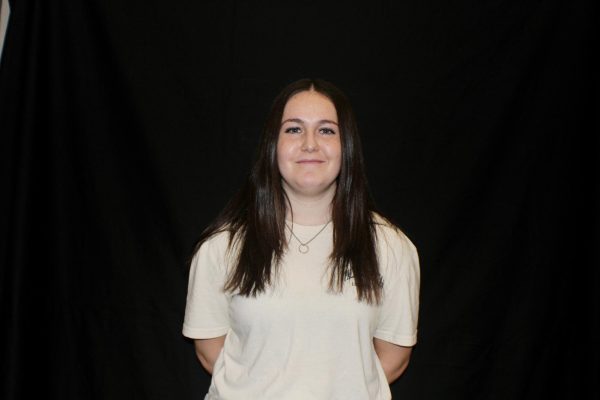
Being a student-athlete doesn’t always come easy.
Tanner Floyd grew up playing one sport and one sport only, baseball. Baseball came quickly to Floyd as his parents came from an athletic background. His dad played baseball until he graduated high school, and his mom played some softball in college.
Floyd has loved the game since the age of three. He could play multiple positions, but his leading position and passion was behind the home plate as a catcher.
“I don’t remember when I wasn’t on the field,” said Floyd. “When I got older and came to higher level competition, I knew I wanted to focus on baseball and do whatever it took to be the best. However, it wasn’t always easy. I faced a lot of challenges throughout my baseball career.”
Floyd attended East Coweta High School, where he played on the varsity baseball team. While most student-athletes struggle to handle both their sport and school, Floyd also had to manage his work schedule outside the classroom and the field. Floyd worked at a mechanic shop down the street from the school.
Luckily, Floyd’s high school offered a work-based learning program for students with jobs. Floyd would find himself in class in the mornings, drive straight to work after, and then return to the high school in time to start baseball practice. Some nights, he didn’t get home until 10 p.m. after late practices.
“Managing my time was hard for me,” said Floyd. “I had to work a job to help my parents pay for all my equipment and travel expenses. Although working a job simultaneously in both school and baseball season wasn’t ideal, I didn’t have the choice not to work.”
Floyd aspired to play collegiate baseball and pursue a degree in exercise science to one day be a physical therapist. While playing high school ball, Floyd had been scouted by college coaches. One college in particular had their eyes on him.
“Clemson University showed an interest in me my junior year of high school,” said Floyd. “The assistant coach had called me a week before a home game to let me know he’d be there to watch me play. I knew I had to play that game with all my heart, and I did. After that game, a few weeks went by, and I got a call from the head baseball coach from Clemson. He had offered me a full-ride baseball scholarship.”
Three weeks after Floyd had received a full-ride scholarship to play baseball at Clemson, he was in a severe car wreck. Floyd injured his right knee critically. He had torn his PCL, LCL, MCL, and meniscus.
“I was heartbroken. Before I spoke to the Clemson coaching staff, I knew that my scholarship was gone, and I was right. They told me they didn’t want to take a chance on my knee, which had the potential of never fully recovering. My scholarship was given to another catcher.”
The loss of Floyd’s scholarship made him lose interest in attending college. He didn’t care much for a degree if he couldn’t play baseball.
After recovering and earning his high school diploma, Floyd returned to work. He currently works for a multimillion-dollar grading company and runs heavy machinery.
“Looking back, I wish I would have gone to college anyway and at least tried to walk on the team after my knee recovered,” said Floyd. “I often think about the college life I never got to experience and how different my life would be now if I did decide to take that route.”
Floyd advises aspiring student-athletes, “Even if you lose a scholarship and still decide to attend college, that doesn’t mean you can’t be just as successful on the field and in the classroom.”


